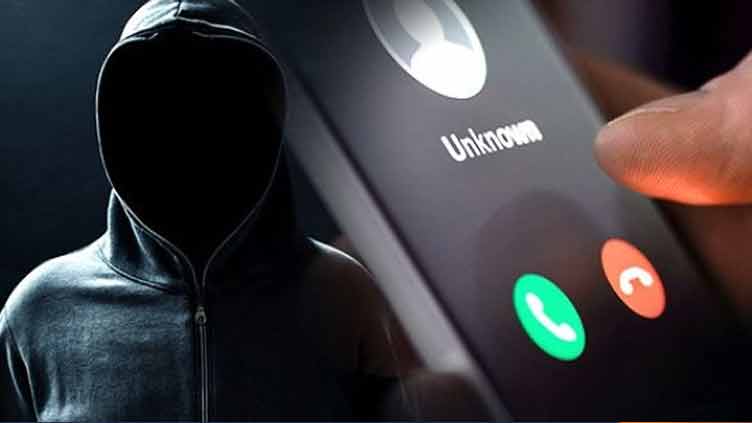Scam calls are a growing problem affecting phone users everywhere, and the number 309-207-7105 has been flagged by many as suspicious. If you’ve received calls from this number, you’re not alone. These calls often try to trick people into giving away personal information or money. In this article, we’ll explain what 309-207-7105 is, why scammers call from this number, the common tricks they use, and most importantly, how you can stay safe.
What Is 309-207-7105?
The phone number 309-207-7105 has been linked to scam activities. Scammers use such numbers to reach people to deceive them. Whether it’s pretending to be from a trusted company or offering fake rewards, the main aim is to steal your details or money. Calls from this number should be treated with caution.
Why Are Calls Made from 309-207-7105?
You might wonder why this number is calling you. Here are some reasons:
-
Random Calls: Scammers often use automatic dialing machines to call many numbers randomly, hoping some people will answer.
-
Leaked Data: Your phone number could have been leaked through data breaches or bought by scammers from shady sources.
-
Targeted Scams: Sometimes, scammers focus on specific groups of people based on age, location, or other information they have collected.
Popular Scam Tricks Linked to 309-207-7105
Scammers use various tactics to fool victims. Here are a few common ones:
-
Pretending to Be Officials: Scammers may act like they are from the government, banks, or well-known companies to gain your trust and steal your info.
-
Fake Prize Alerts: You might be told you’ve won a lottery or prize, but need to pay fees or share details to claim it—this is a trick to take your money.
-
Tech Support Scams: The caller may say your computer or phone has problems and that they need access to fix it. This can lead to hacking or data theft.
-
One-Ring Scam: The caller rings once and hangs up, leaving a missed call. If you call back, you may be charged high fees or connected to international numbers.
How Can You Protect Yourself from Scam Calls?
Here are steps to keep safe from scam calls like those from 309-207-7105:
-
Ignore Unknown Numbers: Don’t answer calls from numbers you don’t recognize. Let them go to voicemail.
-
Never Share Personal Information: Don’t give out your bank details, passwords, or other personal data unless you’re certain who you’re talking to.
-
Use Call-Blocking Apps: Many apps can help identify and block scam calls before they reach you.
-
Sign Up for Do Not Call Lists: Registering your number on official “Do Not Call” lists can reduce unwanted calls.
-
Report Suspicious Calls: Inform your phone provider or local authorities if you receive scam calls. This helps them fight fraud.
What to Do If You’ve Fallen Victim?
If you think you were scammed, act quickly:
-
Contact Your Bank: Inform your bank right away if you shared financial details.
-
Change Your Passwords: Update your online accounts’ passwords, especially for sensitive services.
-
Monitor Your Credit: Check your credit report regularly for unusual activity.
-
File a Report: Report the scam to consumer protection agencies or the Federal Trade Commission.
Quick Tips for Handling Suspicious Calls
-
Don’t answer calls from unknown numbers.
-
Avoid sharing personal info over the phone.
-
Use call-blocking tools.
-
Report scams to help protect others.
Frequently Asked Questions (FAQs)
Is 309-207-7105 a Real Number?
Most reports classify it as a scam number. Be careful if it calls you.
Should I Return a Missed Call from 309-207-7105?
No, returning the call could lead to more scams or unexpected charges.
Can I Block This Number?
Yes, your phone can block specific numbers, or you can use apps designed to block scam calls.
What Happens If I Answer a Scam Call?
You risk being tricked into sharing sensitive info or being charged unfairly. It’s safer to ignore.
Conclusion
Calls from numbers like 309-207-7105 are a serious nuisance and risk. Understanding how scammers work and taking steps to protect yourself can keep your personal information safe. Always be cautious, don’t trust unexpected callers, and report any suspicious activity. Remember, if an offer sounds too good to be true, it probably is.
